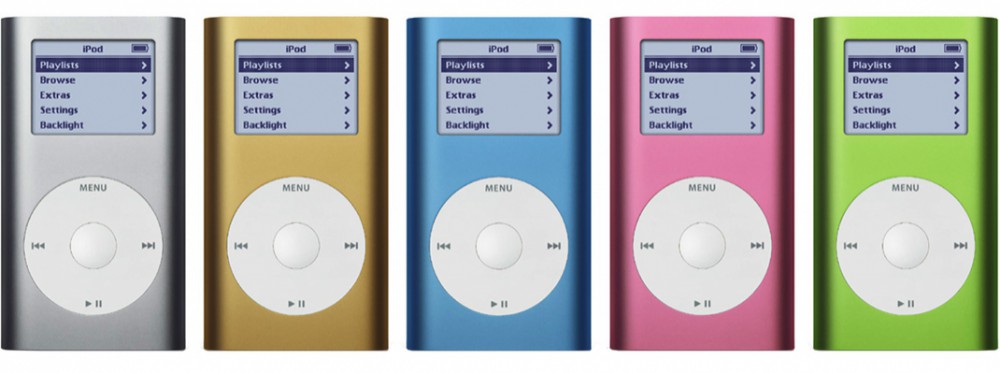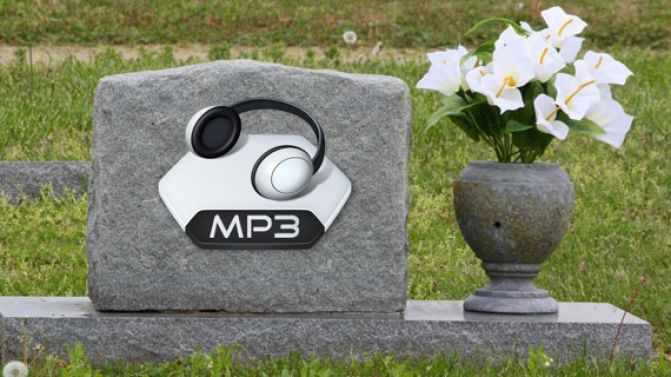It has been many years since the appearance of the MP3 format, which, although many say otherwise, forever revolutionized the way we listen and consume music. However, this week a notice was released that really caught the eye, as it talks about the definitive demise of MP3 files, a low- and medium-quality audio format that has been consumed by millions and millions of users.

At present, we know various digital platforms that allow users to buy the music they want, whether in WAV, AIFF or AAC format. Services like iTunes, Google Play Music or Spotify are among the few that offer uncompressed music with almost 100 percent fidelity to phonograms.
However, digital platforms still allow download MP3 albums, which require up to 10 times less hard disk space, but the quality is considerably lower. It must be recognized that the newly deceased format gave us many years of happiness through devices such as iPod, Discman, radios or other mobile reproduction equipment.
The news caused a lot of commotion, but we must accept that streaming services have gradually been ending with this technology, since there are few people who download their files in MP3 format. For these reasons, the Fraunhofer Institute, which owns the majority of the licenses of most patents to create or decode MP3 files, decided that it would be a great idea to stop distributing them, sentencing the format to its death.
At 24 years of existence, this news implies a great change for music consumption, but the good thing is that streaming services have great openness, ease and accessibility to reproduce our contents with higher quality and less space. Finally, few formats have completely changed the way we enjoy music, so maybe many users have trouble detaching MP3, so there will always be ways to continue to use it.














